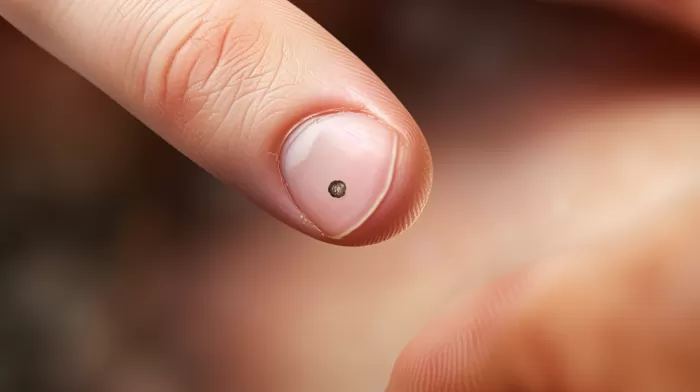Would you know if your body is showing cancer warning signs? Many people are alarmingly unaware of changes in their bodies that could indicate cancer development. To ensure early detection and treatment, you must familiarize yourself with the most important cancer symptoms.
Inexplicable weight loss
If you suddenly start losing weight for no apparent reason, or your appetite disappears, it could mean you have cancer growing in your body. Most commonly, this can indicate cancer of the esophagus, stomach, lungs, or pancreas.
Persistent fatigue
When you feel like you have to continually drag yourself through normal activities, you may have cancer of the colon or stomach. It can also be a sign of leukemia. Fatigue differs from tiredness, as it lasts longer and isn’t relieved by rest. It can also affect your ability to think and function, so don’t ignore it.
Skin problems that won’t go away
Skin cancer can start as a lopsided mole that grows larger. Lung cancer and lymphoma can be accompanied by prolonged rashes. Cancer can also cause your skin to turn yellow from jaundice. Monitor your skin regularly for any new growths or changes in existing moles. Consult your doctor if you notice any modifications.
Lumps and thick patches
Breast cancer may make its presence evident with a lump that can be felt through the skin. Also, cancers of the testicles and lymph nodes can cause lumps. Regular self-examinations can help you detect abnormalities early. Remember that not all lumps necessarily equal cancer, but any changes should be investigated by a medical professional.
Strange pains
Pain with no apparent cause can indicate bone cancer or cancer of the testes. Colon cancer and ovarian cancer can lead to back pain. Headaches can be linked to brain tumors. While pain may often be due to other factors, incessant or recurrent pain calls for medical evaluation.
Blood in your stool or urine
Bloody stool or urine is most often caused by colon cancer and bladder cancer. Rectal bleeding is an initial sign of colorectal cancer, while blood in the urine could signal kidney or bladder cancer. Seek immediate medical attention if you observe either.
A fever that doesn’t end
Fevers are usually caused by infectious diseases, but Hodgkin’s disease, non-Hodgkin’s lymphoma, and leukemia can cause an increase in body temperature. A persistent fever that doesn’t respond to medication is a red flag that shouldn’t be ignored.
White spots in your mouth
White patches, also called leukoplakia, inside your mouth could be an early sign of oral cancers, particularly for smokers. Consult your dentist if you notice any changes like these in your mouth, and maintain regular dental checkups.
Swallowing difficulties
Difficulty swallowing or persistent sore throats can be caused by oral cancers. They can also be connected to cancers of the larynx and throat. If these issues persist, it is crucial to consult your doctor for examination and assessment.
Additional symptoms
Apart from the above symptoms, here are a few more signs to watch out for:
- Persistent coughing or hoarseness: This could be an early sign of lung cancer or cancers of the throat and larynx.
- Changes in bowel movements: Persistent constipation, diarrhea, or changes in the size of stool could indicate colon or rectal cancer.
- Changes in urinary habits: If you suddenly need to go more frequently or feel a sense of urgency, it could signal prostate or bladder cancer.
- Unexplained anemia: Low red blood cell count could be a sign of internal bleeding caused by cancer.
Stay aware and proactive
It’s crucial to maintain open channels of communication with your healthcare professionals as well as regularly observing changes in your body. Familiarize yourself with these warning signs and take proactive steps to ensure the early detection and treatment of cancer.
Keep in mind that many of these symptoms can be caused by conditions other than cancer, but if you notice them persisting, get yourself checked by a doctor. Early detection can save lives.



